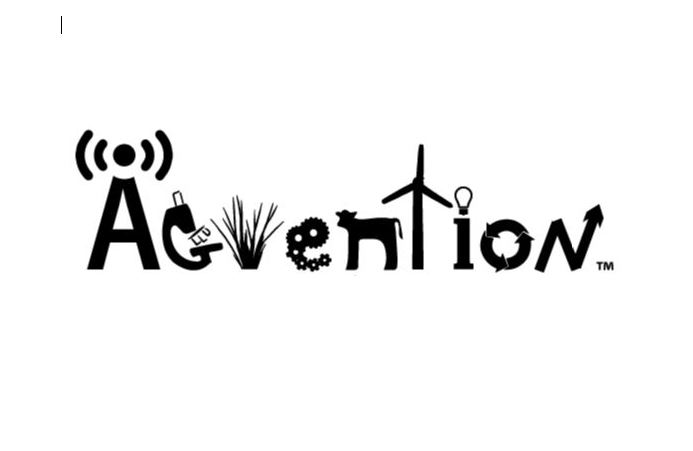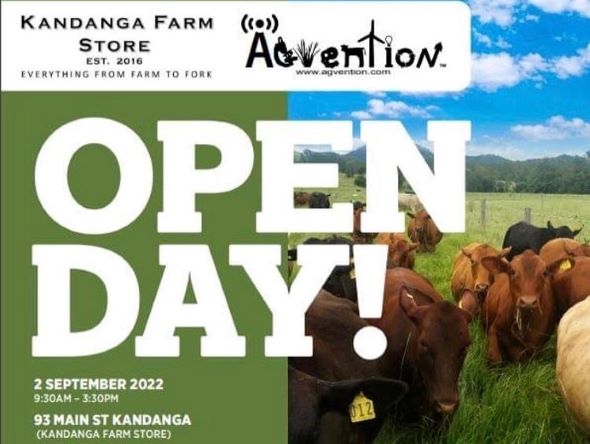Pre Covid, Agvention was the “Field Day Like no Other” showcasing innovations and technology to improve the adoption of Regenerative Agriculture to a national audience. Held at Kandanga Festival Grounds, the inaugural Agvention 2019 attracted over 600 delegates and almost 100 exhibitors. Friday 2nd September sees Agvention 2022, a scaled back version again come to the Mary Valley and hosted by Kandanga Farm Store.
A range of speakers from as far away as Mackay and Sydney will speak on aspects of food production largely untouched at such forums. From biosecurity and animal health without chemicals to cover crops, biological pest management, machinery for Regen to microbes and setting up a farm. Every exhibitor has been asked to bring a product that contributes to a more regenerative farming system rather than their general field day kit.
Organiser and National AIRR Young Guns finalist Nic Zaccardi said, “The Farm Store has cemented it’s place as a leader in the Regen space and the product suppliers and speakers attending Agvention aren’t those you see at conventional ag field days, this one is much different!”
Regenerative Agriculture or “Regen” has enjoyed an accelerated uptake in recent years particularly as supply shortages in synthetics and chemicals have forced conventional farmers to think again about how they produce food. Coupled with this has been a backdrop of extreme weather events and consumer interest in food safety and ecological credentials.
“It’s not about substituting a synthetic product for a non-synthetic one, Regen is a complete mind shift to a better, more Holistic approach” said Kandanga Farm Store owner Amber Scott, “Agvention is more than products, it may just be the first step in an education process.”
Although definitions vary, 5 core principles of Regenerative Agriculture are internationally recognised:
- Don’t disturb the soil
- Keep the soil surface covered
- Keep living roots in the soil always
- Grow a diverse range of plants
- Incorporate grazing animals into the system
The aim of Regenerative Agriculture is to achieve increasing farm OUTPUTS from decreasing INPUTS. Outputs are measured in their whole, not just quantity of yield. Considerations like nutrient density, ecological impact and soil health improvement all need to be accounted for.
Amber Scott says, “Largely, this is achieved by “mimicking nature” hence reengaging natural cycles rather than artificial ones and understanding we are part of nature not above it.”
Although initially, infrastructure setup costs can be higher when moving to a regenerative system; ongoing costs such as those in the conventional rural merchandising world should decline over time. It’s for this reason no other rural stores occupy the space Kandanga Farm Store has embraced.
“Specialised on-farm consultancy, events and training fill the financial void that poisons and synthetics leave, and Agvention plays a part of that education process,” added Ms. Scott.
Agvention is free and open to everyone from 9.30am-3.30pm Friday 2nd of September at 93 Main St. Kandanga.
Youtube: Kandanga Farm Store

